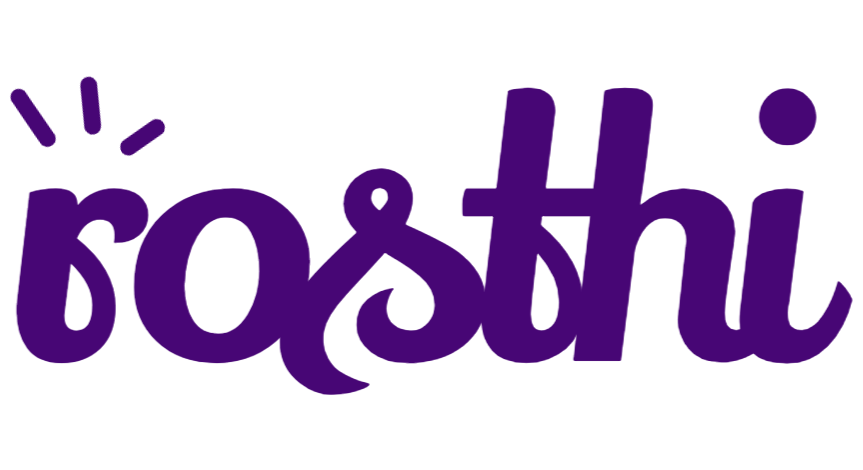When it comes to maintaining healthy nutrition for elderly individuals, it's so important to pay attention to what we eat! As we age, our bodies need different nutrients to keep us feeling our best. Here’s a fun and lively guide on what to include in their diets, ensuring they're getting all the goodness their bodies need!
Nutrient-Dense Foods
Elderly individuals should focus on consuming nutrient-dense foods to meet their calorie and nutritional needs. These include fresh fruits and vegetables which are superheroes in the nutrition world! They are packed with vitamins A, C, and E, as well as folate, phosphorus, zinc, and magnesium. Eating a variety of colorful fruits and veggies helps lower the risk of strokes, high blood pressure, heart disease, and even some types of cancer. Isn't that amazing? Don’t forget about whole grains! Whole grains like brown rice, quinoa, and whole wheat bread provide energy, fiber, and essential nutrients that are super helpful for reducing the risk of heart diseases.
Protein Sources
Ah, protein! It’s so crucial for maintaining muscle mass and supporting our immune systems as we age. Don't shy away from lean meats, poultry, fish, eggs, and tofu as they offer a treasure trove of nutrients including vitamin B12, essential fatty acids, zinc, iron, and iodine. Oh, and let’s not forget about fish! Salmon and tuna are loaded with omega-3 fatty acids, which are fantastic for heart health.
Another great source of protein includes legumes and beans. They are not only high in protein, but they also provide a good dose of fiber – definitely a win-win! Plus, low-fat or fat-free dairy products such as milk, yogurt, and cheese are excellent for delivering both protein and calcium to support bone health.
Calcium and Vitamin D
Speaking of bones, let’s dive into calcium and vitamin D! These nutrients are essential for keeping bones strong and healthy. Low-fat or fat-free dairy products are a fantastic source of both calcium and vitamin D, helping to keep those bones in top shape! Fortified foods like fortified milk, orange juice, and cereals also provide an extra boost of these important nutrients. So, what are you waiting for? Time to stock up on these goodies!
Healthy Fats and Fiber
Let’s not overlook the power of healthy fats! Nuts and seeds are wonderful sources of healthy fats, fiber, and various vitamins and minerals. They can easily be sprinkled into meals or enjoyed as snacks. Also, probiotic-rich foods like yogurt, kefir, sauerkraut, kimchi, and miso soup can work wonders for digestive health, keeping everything running smoothly.
Hydration
Stay hydrated, friends! It’s super important to keep drinking enough fluids, especially as we get older. Some elderly individuals often consume fewer beverages and may have less ability to detect thirst. Encouraging regular fluid intake is crucial – think infused waters, herbal teas, or even smoothies!
Specific Nutritional Needs
Lastly, let’s talk about some specific nutritional needs. Older adults may require a bit more protein due to decline in muscle mass. The recommended intake is about 1-1.2 grams of protein per kilogram of body weight, so keep that in mind while planning meals. And let’s not forget vitamins B12 and D! These vitamins are essential for the central nervous system and bone health, so older adults might need supplements since absorption can be a bit tricky.
By incorporating these foods and nutrients into their diet, elderly individuals can better maintain their overall health and happiness. A well-balanced diet can help reduce the risk of various health issues while ensuring that lives are vibrant and full of energy!



